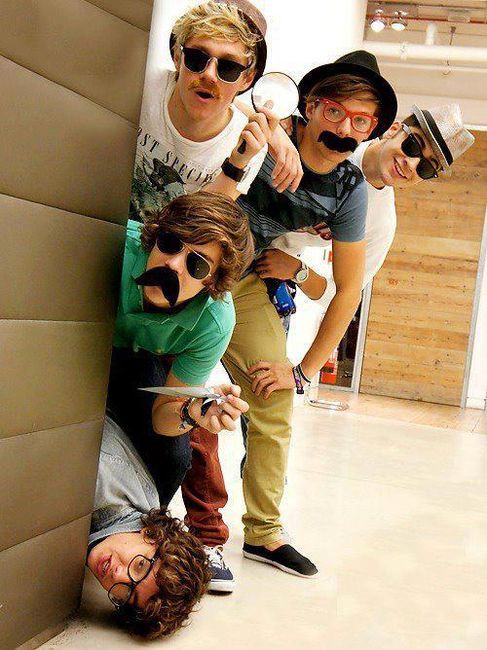
Photo: Getty Images
Eyeshadow seems like the most straightforward makeup product — just swipe on the lids and you’re done. However, with different pigments and bold colors, we all make mistakes every now and again. We’ve compiled the most common pitfalls, and of course, how to avoid them.
1. Matching Your Eyeshadow to Your Eye Color
The common rule of thumb is that eye colors look best with eyeshadow shades on the opposite side of the color wheel. For example, green eyes look gorgeous with burgundy shadow, since red and green are complementary colors. If you do want to a try a shade that’s similar to your eye color, choose a muted one that won’t overshadow the iris.
The common rule of thumb is that eye colors look best with eyeshadow shades on the opposite side of the color wheel. For example, green eyes look gorgeous with burgundy shadow, since red and green are complementary colors. If you do want to a try a shade that’s similar to your eye color, choose a muted one that won’t overshadow the iris.
2. Forgetting to Blend
Blending different colors — one or two on the lid and another on the brow bone — creates a gorgeous finish. But if there is a harsh line between each color, it looks sloppy and undone. Make sure to blend each shade into the next with a shadow brush.
Blending different colors — one or two on the lid and another on the brow bone — creates a gorgeous finish. But if there is a harsh line between each color, it looks sloppy and undone. Make sure to blend each shade into the next with a shadow brush.
3. Using Applicators that Come with the Shadow
Most eyeshadows come with handy mini applicators, making it easy to apply on the go. However, for a truly blended finish, you should use a makeup brush. A sponge tip applicator provides a lot of pigment at once while a brush allows you to gradually add product and blend as you go.
Most eyeshadows come with handy mini applicators, making it easy to apply on the go. However, for a truly blended finish, you should use a makeup brush. A sponge tip applicator provides a lot of pigment at once while a brush allows you to gradually add product and blend as you go.
4. Applying Too Much Below the Eye
Be careful to dab shadow only on the lower lash line and not any farther down. Any additional product drags down the look and makes the eye appear tired.
Be careful to dab shadow only on the lower lash line and not any farther down. Any additional product drags down the look and makes the eye appear tired.
5. Applying Eyeshadow After Concealer
Always apply your eyeshadow before your under eye concealer. If not, the shadow will fall all over the eye area and undo all your hard work. When dabbing concealer on the under eyes, place it just below the lower lash line.
Always apply your eyeshadow before your under eye concealer. If not, the shadow will fall all over the eye area and undo all your hard work. When dabbing concealer on the under eyes, place it just below the lower lash line.
6. Using Shimmery Shadows on Aging Lids
Because of their light-reflecting properties, frosty shadows draw attention to wrinkles and crepey lids. Leave the sparkly shades to twentysomethings and choose more flattering matte or satin finish products instead.
Because of their light-reflecting properties, frosty shadows draw attention to wrinkles and crepey lids. Leave the sparkly shades to twentysomethings and choose more flattering matte or satin finish products instead.
7. Skipping Liner and Mascara
Eyeshadow doesn’t do it all; the eye also needs some contrast. Dark mascara and eyeliner frame the shape (creating an outline) while the shadow brightens and opens up the eye.
Eyeshadow doesn’t do it all; the eye also needs some contrast. Dark mascara and eyeliner frame the shape (creating an outline) while the shadow brightens and opens up the eye.


































